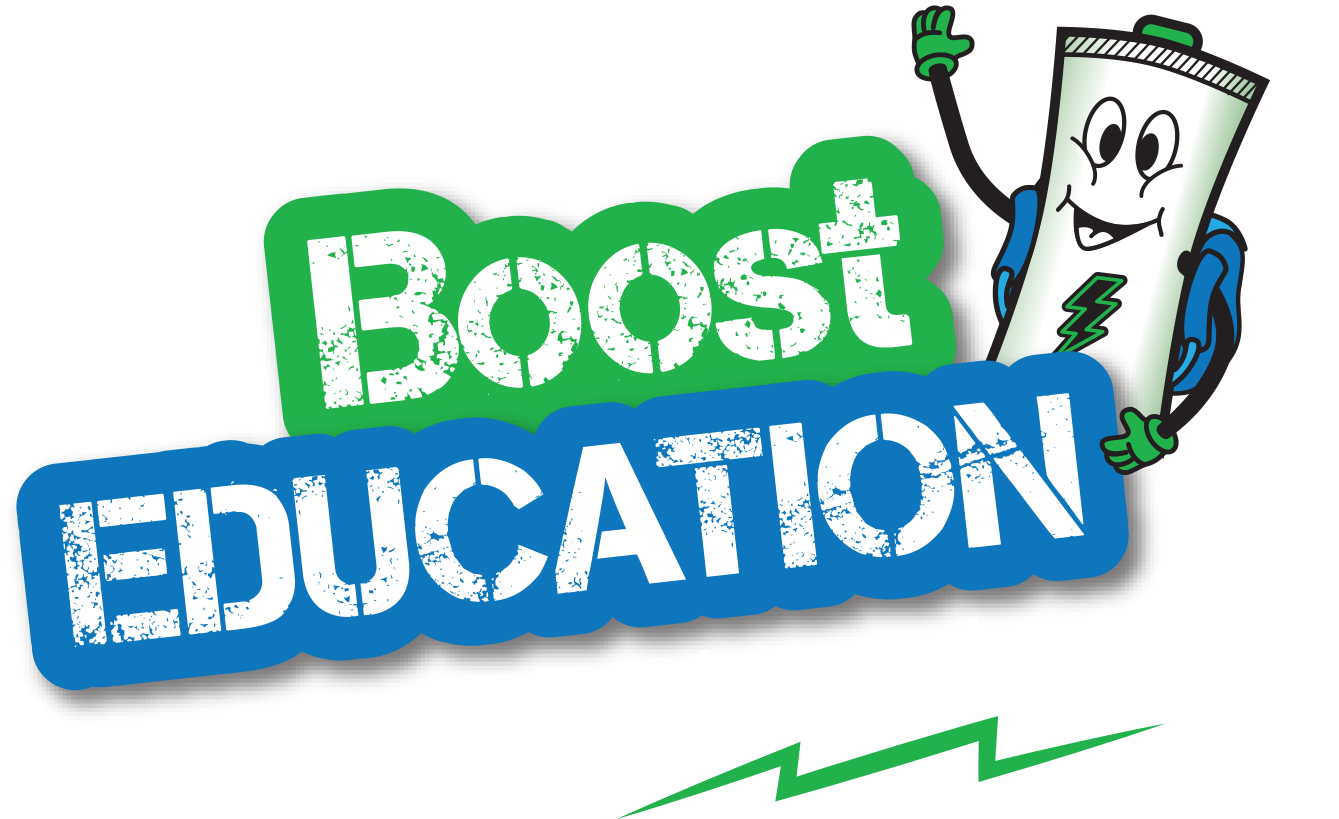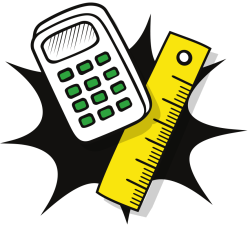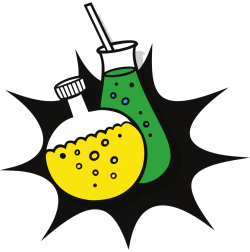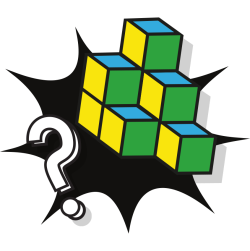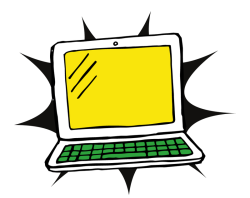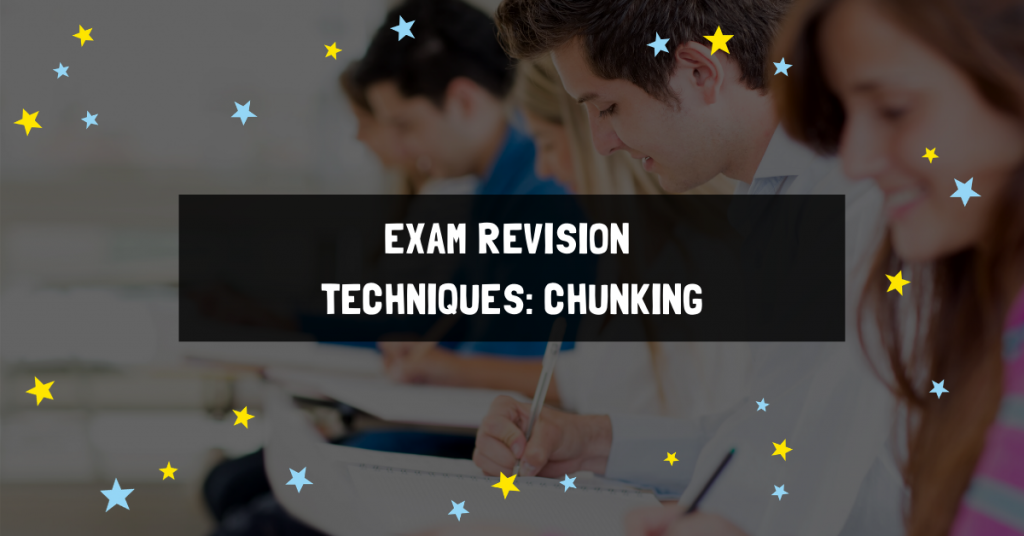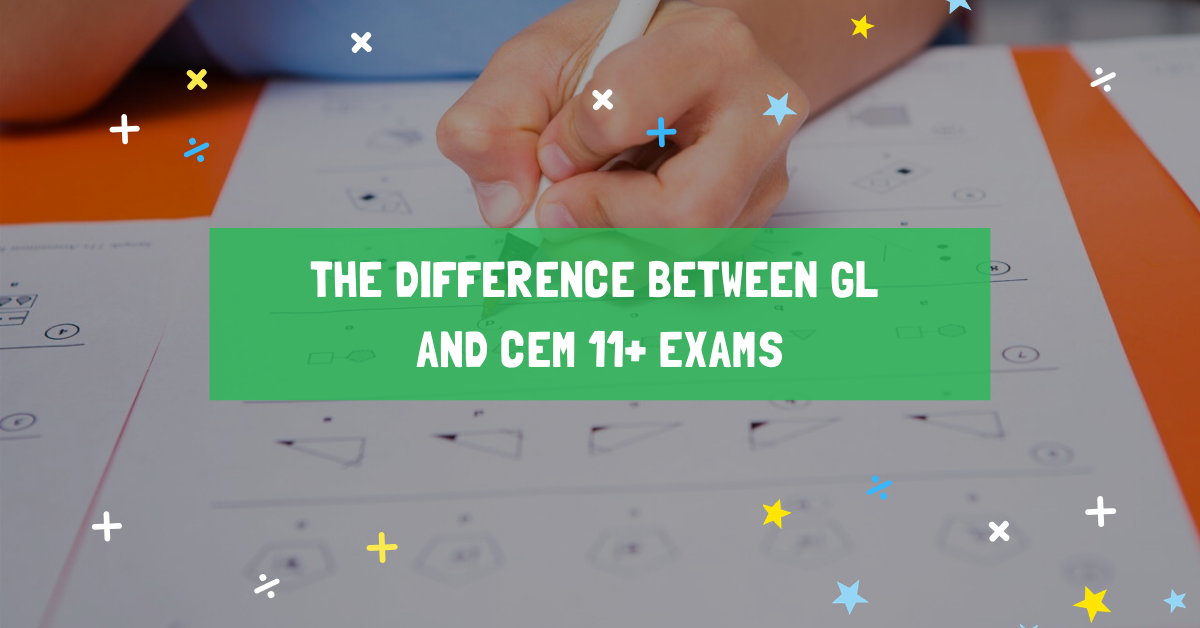Chunking is a method of taking large pieces of information and grouping it in a way to make remembering it easier. This way of recalling information occurs often in our daily lives yet probably goes unnoticed for the most part. However, studies have found that chunking also improves our short term memory, which is specifically used to help us put larger pieces of information together. So if chunking helps us to memorise information, how can it be applied to studying for that next big exam?
Making information recall easy
Grouping a complex string of numbers into smaller chunks (for example: 375638926567 into 375-638-926-567) makes memorising it easier than in its original format. But chunking isn’t limited to numbers only. You can use it in History to group dates and events, people and places, or use it in Science to group all the elements of the periodic table alphabetically or arrange geographic locations in the same way.
You can also use chunking to come up with your own acronyms to memorise a series of names that are usually grouped together. For example, NASA is a well-known acronym for the National Aeronautics and Space Agency, which explores the outer reaches of our universe.
Coming up with your own acronyms to recall information can be fun. Why not remember to Never Eat Water Melons as a way to recall all the points on the compass (North, East West and South)? Or use the word HOMES to recall the five great lakes (Huron, Ontario, Michigan, Erie and Superior) in your next geography exam? Be creative and think of ways to arrange different groupings of words together and see what you come up with.
If you’re preparing for a big history exam, why not group all the important dates and events together? For example, the range 1676, 1685 and 1691 could be key dates in a major historic event. Chunking and then adding the respective events and people around this group of dates can help you flesh out the information more easily.
Here’s a really helpful way you can help Mum remember to get all the items on your next grocery shop together. Think of your groceries in categories of food groups (fruit & veg, dairies, protein, carbs) or chunk your grocery basket into the meals you plan to help her cook this week. That way you can make sure you don’t forget the mozzarella for the macaroni and cheese you love or help her remember the avocado for that famous guacamole that makes her nachos such a hit with Dad.
Practice makes perfect
You’ll discover more ways to chunk information as you practice doing it across different subjects and even in your daily life. In fact, practising chunking information is said to be a great exercise for your brain. Chunking is found to help make connections between things faster and associate things, places and people with one another.
You’ll undoubtedly get better at it and recalling information as you practice, but take caution not to become over-reliant on chunking. You will need to commit most of your study material to memory in more traditional ways but chunking can serve as an additional tool to break complex groups of information into easy to remember chunks. Keep practising to hone this new skill and see how it improves your exam preparation for better marks on your next exam.
Need help preparing for that next big exam?
Boost Education offers parents and students quality and affordable after school tuition Year 1 to Year 6 English, Maths, Science and 11+ exam preparation. Our centres are known for academic excellence with some of the best tutors helping children to learn in an organic, welcoming and engaging environment. Contact us today for your child’s free learning assessment or just to chat about how we can help.
